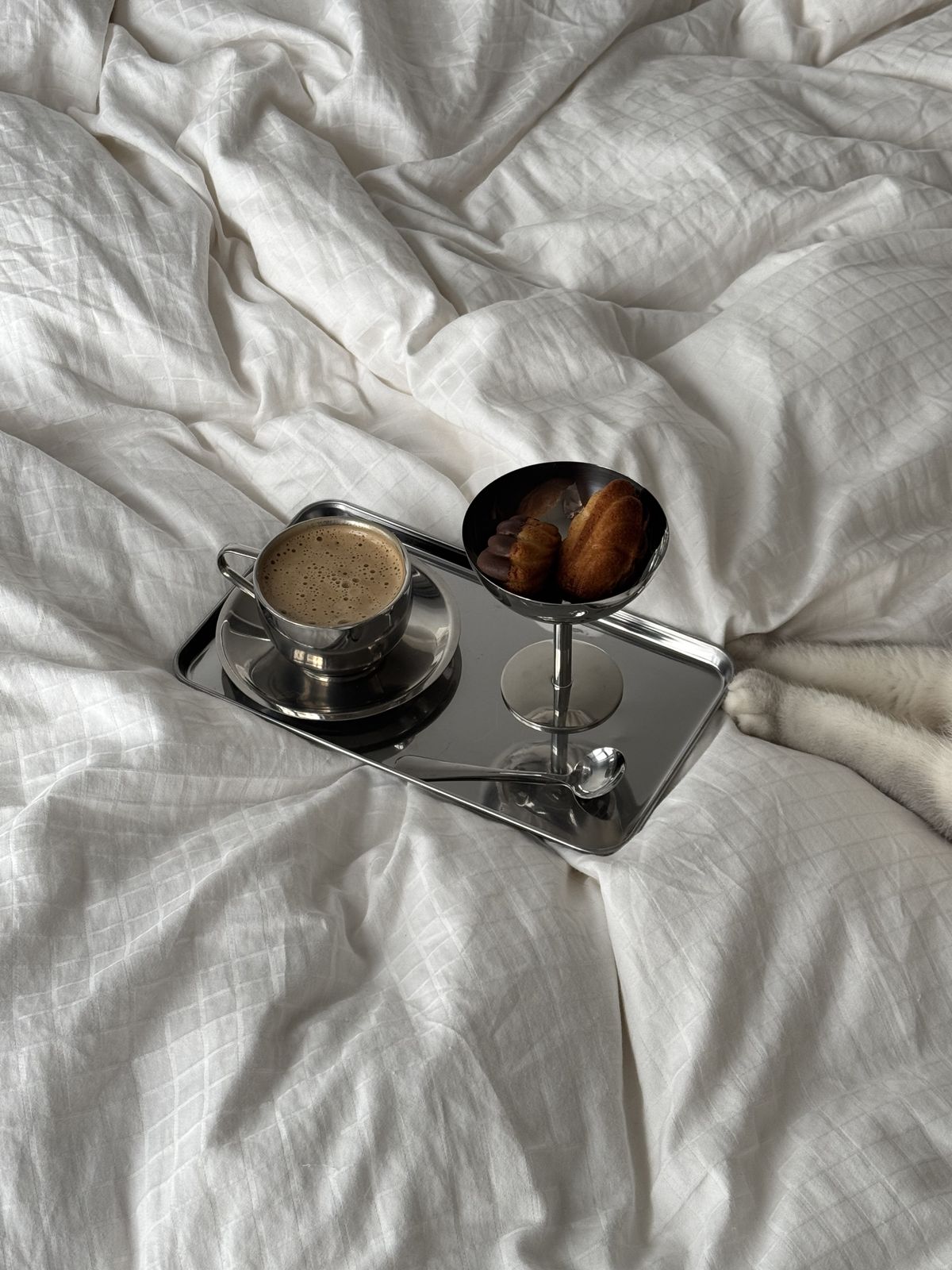Ever since its discovery, coffee has evolved from an enigmatic drink into more than just a morning ritual. Now, it’s a blend of magic and productivity. Ends, students, and peak performers. But here’s the catch: coffee isn’t universal, and it isn’t a one-serve recovery git.

Roast Level Makes a Difference
The changeable nature of performance is relative to what is in the cup. Dark roast might taste thick and smoky, but actually has less caffeine than lighter roasts. That is because the roasting process breaks down caffeine molecules. Per sip, light roast coffee packs more punch, delivering 60 to 70 milligrams more caffeine per cup in comparison to the dark varieties.
Cold Brew and Espresso Power
Cold brew certainly deserves some specific discussion. This brewing method extracts the caffeine in a more efficient manner creating a concentrate that can contain up to double the caffeine of regular drip coffee. In addition, it is less acidic, which means your stomach is less likely to revolt in the middle of vigorous training.
Espresso does become intriguing. Indeed, just a single shot has approximately 64mg of caffeine, but the concentrated delivery system also means faster absorption. Within 15-20 minutes of drinking, your bloodstream gets slammed with that caffeine surge and is just right for that pre-workout caffeine ritual.
Beyond Caffeine Content
Oddly enough, it doesn’t stop there. Performance is not solely based on caffeine level. Antioxidants found in coffee like chlorogenic acids help enhance circulation and reduce inflammation. Medium roast coffee accomplishes this as it has more antioxidants than dark roast while maintaining fair amounts of caffeine. French press coffee is also worth mentioning due to its full extraction method. The prolonged steeping time causes more compounds to be released that aid in mental clarity and enhanced endurance. It is honestly a hassle to clean, but the performance boosts make it beneficial for avid coffee consumers.
Timing and Grind Size
Schedule all of your activities in accordance with the time frame of your entire day’s activities. ‘Workouts’ need to be worked out very carefully, especially in relation to pre or post-coffee. ‘Jitters’ have no place in your pre or post workout coffee. Likewise, if the scheduled workout happens to be hours from the time of consuming a dose of coffee, the entire exercise philosophy would have to be re-evaluated.
Different levels or types of coffee need to be measured from one another. Having a ‘fine’ to ‘medium’ distribution or ‘coarse’ coffee grind, will have an impact of increasing the speed of a faster faster consumption, at a slower and more steady pace. In comparison, ‘Turkish coffee’ which is renowned for its minimum to zero grind, acts like a Tsunami whereas coarse-brew acts like a depleting reserve.
Quality and Bottom Line
Most people do not realize how important and valuable quality is. Cheap coffee has more imperfections and has a lower amount of caffeine. Single-origin, high-altitude beans tend to have a higher caffeine concentration and more valuable compounds. While it is more expensive, the gains in performance help justify the cost. The takeaway is this: The most performance gains are attributed to and achieved from coffee that is light to medium roast, within limiters of time and personal tolerance. For extended energy cold brew works wonderfully, while espresso works best for a quick photoshoot.
FAQ
Q: How much coffee should I drink for performance benefits?
A: Most studies show 3-6mg of caffeine per kg of body weight works best. That’s roughly 1-2 cups for most people.
Q: When should I stop drinking coffee before bed?
A: Cut off caffeine at least 6 hours before sleep. It can disrupt deep sleep cycles even if you feel tired.
Q: Does adding milk affect caffeine absorption?
A: Slightly. Protein and fat slow absorption, creating a more gradual release instead of a sharp spike.
Q: Can I build tolerance to coffee’s performance effects?
A: Yes, but cycling off for 5-7 days every few weeks can reset your sensitivity.
Q: Is instant coffee effective for performance?
A: It works but typically contains less caffeine and fewer beneficial compounds than freshly brewed coffee.



